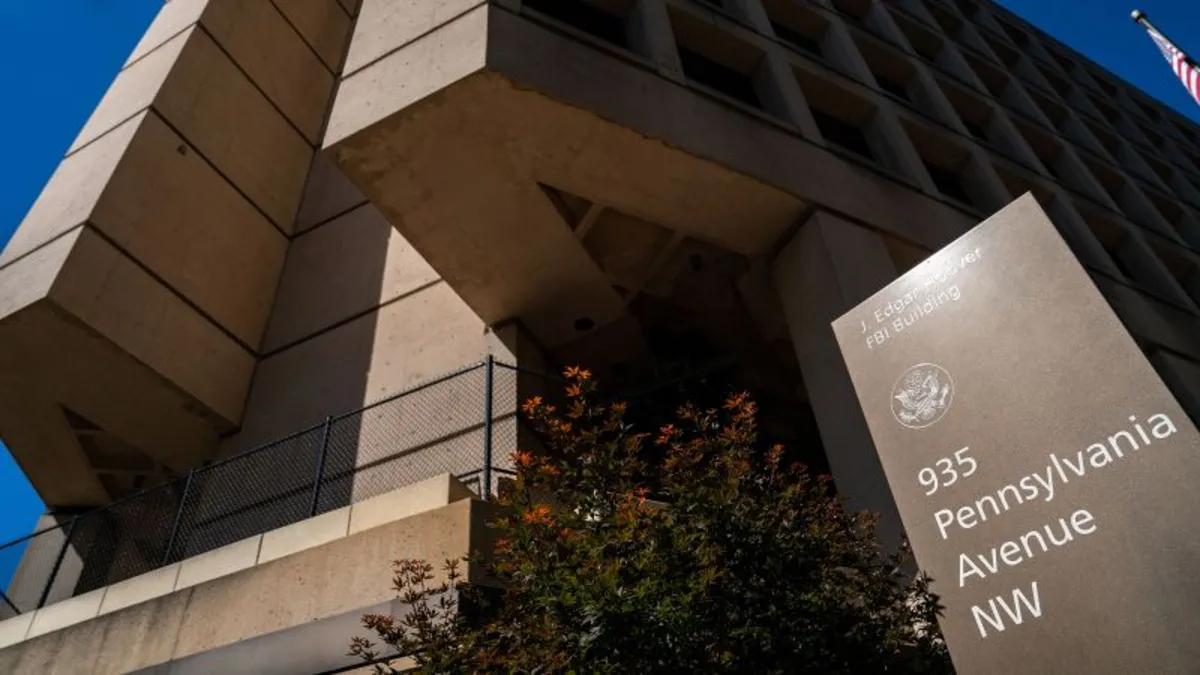
The Trump administration announced on Tuesday that it is exploring the sale of hundreds of “non-core” federal properties. This list includes significant buildings such as the headquarters of the FBI and the departments of Justice, Veterans Affairs, and Labor, as revealed by the General Services Administration (GSA). According to the GSA, this decisive move aims to leverage the private sector, enhance services for agency customers, and ultimately benefit local communities.
The GSA's official news release highlighted that this initiative could save taxpayers “more than $430 million in annual operating costs.” The list of “non-core” properties, which can be found on the GSA website, also includes the Federal Trade Commission, the GSA’s own headquarters, the Department of Housing and Urban Development, and the historic Old Post Office. Notably, the Trump Organization held a 60-year lease for the Old Post Office before selling it to the Waldorf Astoria hotel in 2022.
Several buildings listed encompass staff from multiple agencies, such as the Sam Nunn Atlanta Federal Center, which is the largest federal government building in the Southeast. The GSA indicated that most of the flagged buildings primarily consist of office space. By selling these properties, the agency aims to alleviate the financial burden on taxpayers who currently fund empty and underutilized federal office spaces.
While the GSA plans to sell off many properties, it has identified certain “core” assets essential for critical government operations. These include vital facilities such as courthouses and those integral to national defense and law enforcement, which will be retained for long-term needs. However, it’s noteworthy that several courthouses, including the US Courthouse in downtown Los Angeles, are included in the list of properties for potential sale.
The properties earmarked for sale are not confined to the Washington, DC, metro area; they span the entire country, from Alaska to Florida. This widespread approach indicates a comprehensive strategy to optimize federal real estate holdings as the administration pushes federal workers to return to their offices, marking a departure from the flexible work arrangements established during the COVID-19 pandemic.
In this endeavor, Elon Musk’s Department of Government Efficiency has been collaborating with the GSA to devise a plan for shedding federal offices and promoting shared agency spaces. A newly launched initiative called “space match” will enable agency heads to submit requests detailing their space requirements through a Google form. This program aims to offset the loss of workspace, although it comes with its challenges.
According to sources familiar with the plans, the cost of closing buildings and relocating employees is substantial. Cleaning out an old building, including its furniture, can be expensive—particularly for larger buildings, such as those around 500,000 square feet. The GSA will also need to arrange for new accommodations for displaced employees, which may involve purchasing new information technology infrastructure or office furniture.
The potential closure of these buildings aligns with promises made during President Donald Trump’s 2024 campaign, where he vowed to relocate tens of thousands of federal jobs away from Washington, DC, to areas filled with “patriots who love America.” During his first term, he initiated the move of the headquarters of the Bureau of Land Management from Washington to Grand Junction, Colorado.
The Office of Management and Budget (OMB) and the Office of Personnel Management (OPM) have requested federal agencies to outline a “positive vision for more productive, efficient agency operations going forward.” Agencies have been asked to submit proposals for relocating offices away from the DC metro area, along with plans to reduce costs and enhance efficiency through technology. These proposals are due by April 14 and should be enacted by September 30, according to previous reports from CNN.
This ongoing development highlights the Trump administration's commitment to reforming federal operations while addressing the challenges posed by maintaining extensive properties across the nation.